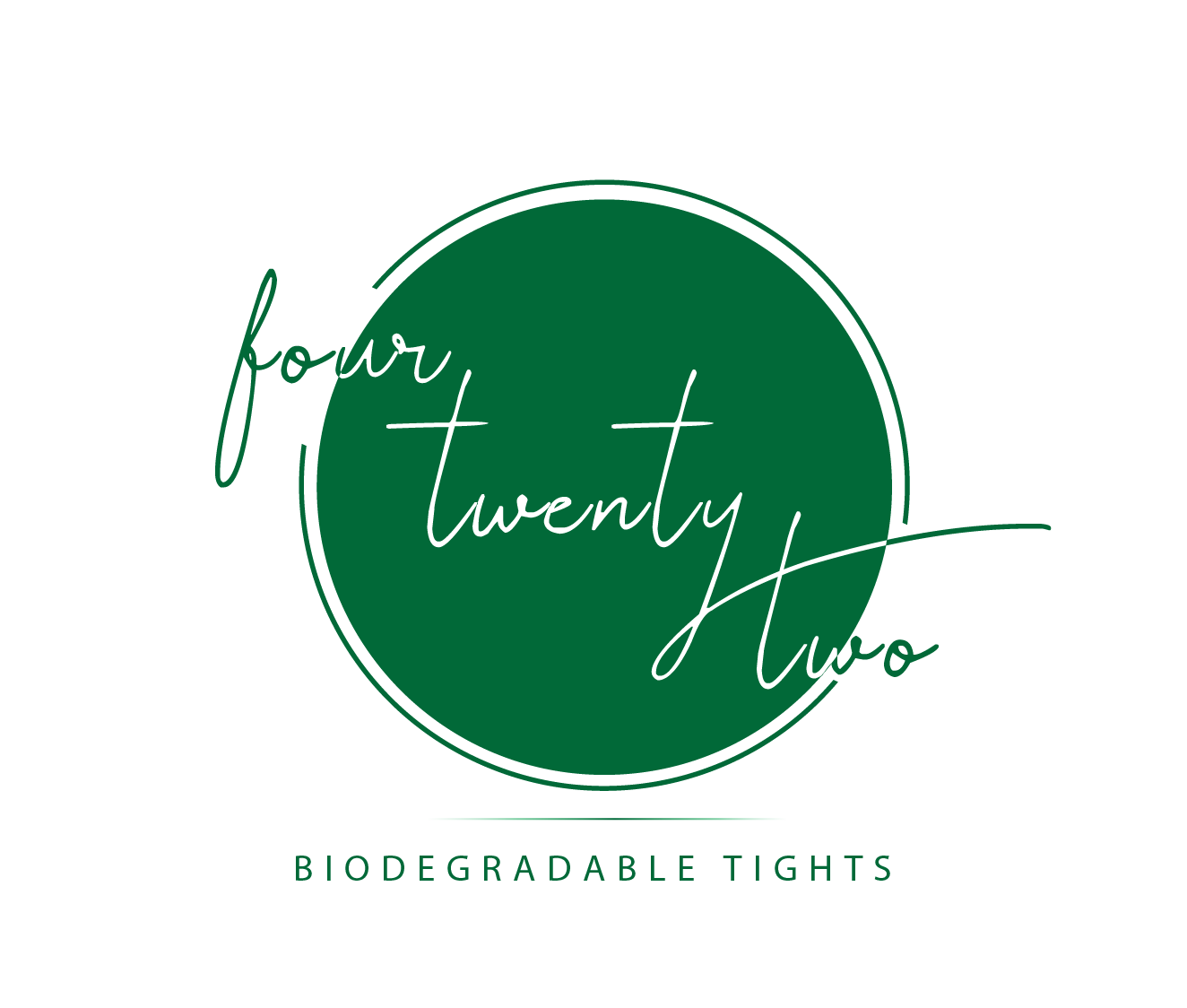Tights, historically perceived as a fashionable accessory, have long held a special place in the world of women's attire. From the elegance of sheer pantyhose to the bold statement of patterned leggings, tights have been an integral part of women's fashion for decades. However, as fashion evolves, it's becoming increasingly clear that tights are not just about style; they also play a crucial role in meeting various sensory needs and providing comfort beyond mere aesthetics.
In a world that often emphasizes conformity and adherence to social norms, the uniqueness of individual sensory needs is something that deserves more attention and understanding. This is particularly true for people with ADHD for example, who may experience heightened sensory sensitivities. The story of JJ, a male person with ADHD who has had a long-standing affinity for tights, sheds light on the importance of acknowledging and accommodating these sensory needs.
Not Only an Accessory
Growing up, JJ found comfort, security, and an inexplicable sense of joy whenever he put on tights. His fascination with them began as early as age 4, when he discovered the unique sensation of the fabric against his skin. To JJ, tights were not just a fashion accessory; they were a source of sensory solace that brought calmness to his restless mind. However, societal norms and expectations often dictated that certain clothing choices were reserved for specific genders, leading JJ's affinity for tights to be brushed aside.
After being diagnosed with ADHD, JJ's psychologist recognized that his love for tights was not merely a preference but a coping mechanism that helped regulate his sensory experiences. The gentle pressure of the fabric against his skin provided proprioceptive input, which has been shown to have a soothing effect on individuals with sensory sensitivities.

Breaking Down Barriers
With the guidance of his psychologist, JJ began to break down the barriers that society had imposed on his clothing choices. By openly discussing his sensory experiences and educating those around him, he aimed to create an environment that embraced his uniqueness without judgment.
JJ's story serves as a powerful reminder that sensory needs, especially among individuals with ADHD, deserve recognition and accommodation. Instead of dismissing certain behaviors or preferences as mere quirks, it's important to dive deeper into the underlying reasons. Encouraging open conversations about sensory sensitivities can help promote acceptance and understanding, ultimately fostering a more inclusive society.
As a hosiery company with a unique products containing Aloe Vera, substance that soothes the skin, Four Twenty Two is proud to support our customers’ sensory needs and advocate for change. Changing the fashion world one sustainable step at a time by producing products that not only protect the environment but also the consumer is and will be our mission.
JJ's journey from being denied his love for tights due to societal norms to embracing it as a means of sensory regulation is a testament to the significance of acknowledging and accommodating sensory needs. By recognizing that sensory sensitivities are a vital aspect of individual experiences, we can move towards a more empathetic and inclusive world. It's time to appreciate the unique ways in which people navigate their sensory worlds and provide them with the support they need to thrive.
